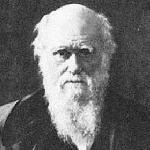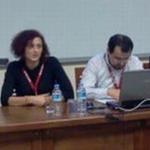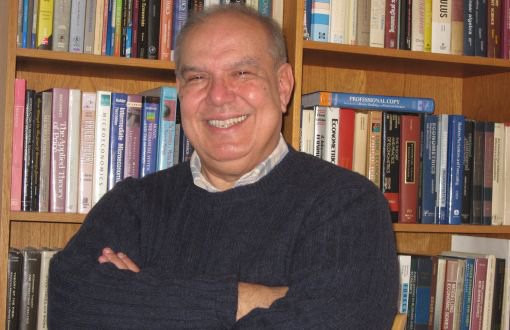The central internet filtering application initiated by the Prime Ministry Telecommunication Association (BTK) entered into force this Tuesdday (22 November).
The filtering application was expected to be enforced on 22 August but then postponed to 22 November due to certain modifications.
bianet talked to Prof Yaman Akdeniz, member of the Faculty of Law at Bilgi University, who said that the application going into force now was better than its previous version since it was not compulsory for everyone. Yet, Akdeniz warned that a filtering system done by the state was problematic in every way.
"There are historical problems related to bans in Turkey"
Akdeniz reminded that the Alternative Information Association opened a case at the State Council about the new regulation. He stated that the BTK was not entitled to take such a decision.
Akdeniz summed up the problems of the filtering system as follows:
* The criteria are still not known. The procedure to remove a filtered website from that database is not clear. It is not certain how much time it will take. If it is transferred to the administrative courts, it might take months or even years and during this time the "unsafe" website may remain closed.
* We cannot rely on the state authority in terms of filtering issues as we saw with the example of LGBT (Lesbian, Gay, Bisexual and Transsexual) websites that are being filtered in the Turkish Parliament.
* Moreover, there is misinformation. They say "If you use the filter we have developed, your internet will be safe". But this is not true. It is impossible to solve the problems in the internet with a filtering system.
* There is a serious historical problem. Turkey is a country of prohibitions and we got used to solving all our problems with censorship, bans and seizures. Unfortunately, this issue is also continuing in the field of internet.
"Are we going to close down Facebook and Twitter as well?"
Akdeniz drew attention to the fact that internet users did not have the chance to try the "secure internet" during its three-month test period that started on 22 August this year. Only service providers were able to try the filtering system and their comments and findings were not made public, Akdeniz emphasized.
"Everybody should be able to express the opinions they want. This also includes ideas about sensitive issues of society and topics like religion", Akdeniz said. He continued:
* The same is valid for the Sour Dictionary ('Ekşi Sözlük'). Calling for closing the site is unacceptable. The ones who do not like it should not enter the site.
* If the dictionary is now being closed because it allegedly denigrates religious values, the same thing will be done with Facebook and Twitter. Are we going to close these sites too?
* We do not have to close down the counterparty because of opinions we do not like but we have to learn to live together. You might like the Sour Dictionary or not but it is one of the important cornerstones of the development of social media platforms in Turkey.
* YouTube was closed because it was said that it contained insults of Atatürk. This is the same logic. No other solution can be found apart from closing the site.
* Just because of the [Turkish] title of the book "Snuff" ('Ölüm Pornosu' in Turkish) they are suing everybody and even the interpreter. They ban a book written by Ahmet Şık that has not even been published... And then they talk about the state's "safe" internet, Akdeniz remarked. (EKN/VK)















.jpg)


